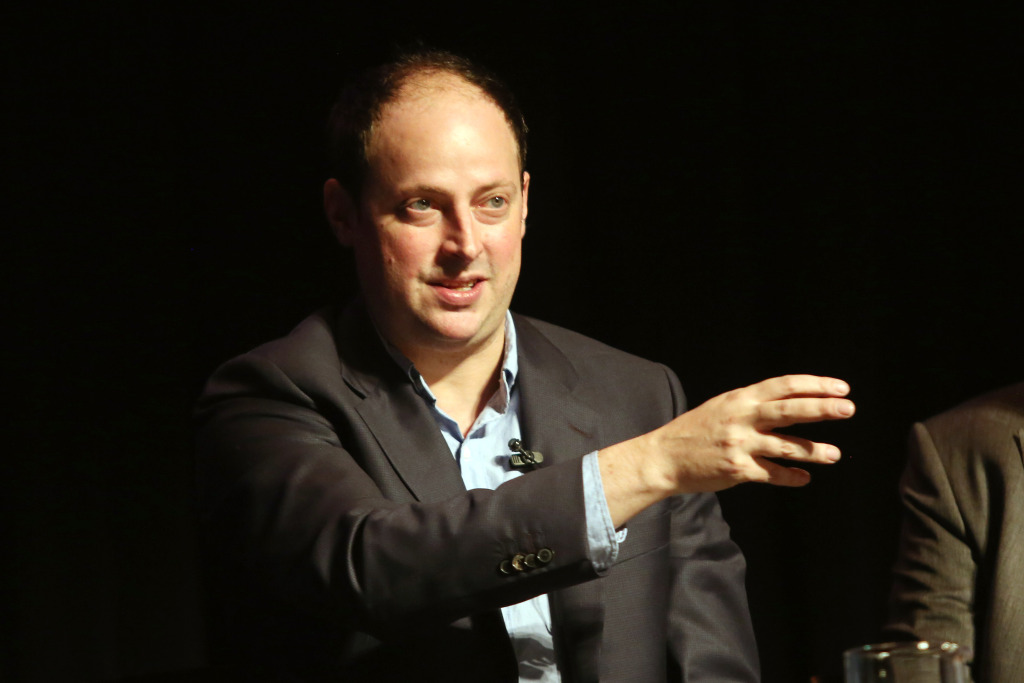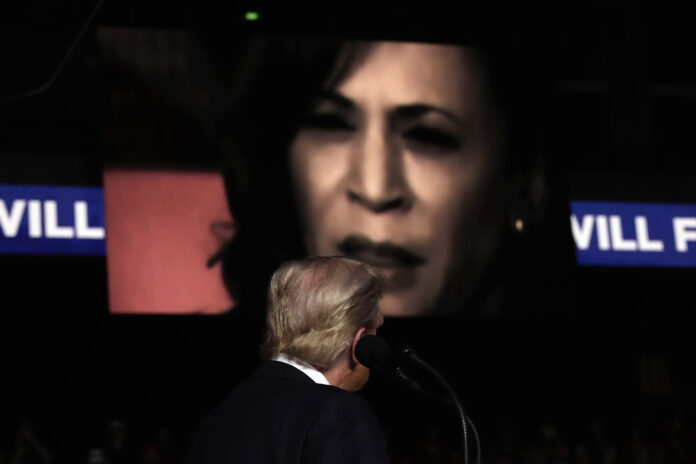Nate Silver, founder of FiveThirtyEight, unleashed a tirade on his podcast, accusing pollsters of misleading the public with their results just days before the election.
Asked about his model’s forecast for Tuesday, Silver gave a tight 55% chance for Donald Trump to win over Kamala Harris’s 45%. But it’s the polling practices leading up to this moment that have Silver rattled.

Silver Calls Out “Herding” in Polling
Silver claimed many pollsters, like those at Emerson College, are engaging in “herding,” or adjusting new polls based on existing results to ensure close outcomes. This tactic, he argued, produces nearly identical one-point leads for either candidate across multiple polls. “Every time a pollster says every state is just +1 … No! You’re f***ing herding! You’re cheating!” he fumed.
Silver pointed a particular finger at GOP-leaning firms for showing Trump narrowly ahead to avoid going “out too far on a limb.”
Polling Data That “Holds No Surprises” Holds No Value
According to Silver, meaningful polling data should contain surprises, offering real insight rather than reinforcing expectations. “Your numbers aren’t all going to come out at exactly 1-point leads … You are lying!” Silver said, noting that the New York Times is one of the few pollsters he believes isn’t punting on accuracy this election.
A Tight Race or a Coin Toss?
While Silver is skeptical of the recent flood of close polls, he acknowledged that the race is indeed neck and neck. “If every swing state is polling within a point and a half, the forecast is a tie,” he remarked. Polls show Trump leading by three points nationally in the final DailyMail.com/J.L. Partners survey, flipping the numbers from September, where Harris held a slim lead.
As Election Day looms, the numbers show both candidates securing their bases, with Trump gaining ground among independents and undecided voters. The poll of 1,000 likely voters gives Trump a 49% to Harris’s 46%, putting him on track to be the first Republican to win the popular vote since 2004. The stage is set for one of the closest elections in modern history.


